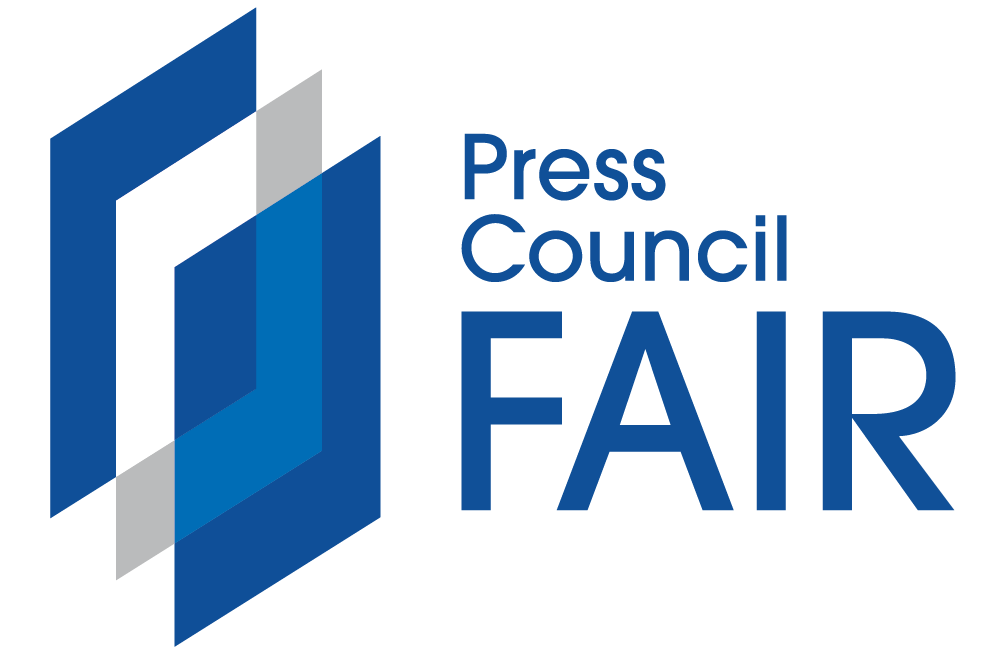Property valuations are carried out by the City of Johannesburg every four years, and these determine how much you pay in property tax.
Joburg homeowners will pay tax based on the new valuations from July, which is the start of the city’s financial year. The annual increase for property taxes will also come into effect, which is 2% for 2023/4.
Although two-thirds of Joburg’s properties are residential, the rates paid on industrial and commercial buildings contribute more than half of the city’s property tax.
Property taxes make up 22% of Joburg’s total revenue and are the second-biggest revenue earner for the city after electricity sales. The taxes are used for amenities like roads, public parks, libraries, clinics and recreation centres.
Why should I care about my property valuation?
Not getting an accurate valuation can have financial implications. If the municipality overvalues your property by R200,000, you will pay almost R150 more a month in property taxes (based on property rates from 2023). Over four years, this would set you back R7,200 – and that’s without any annual increases.

How is my property evaluated?
Computer research on sales of similar homes in your area, building plans, aerial photography and boundary lines are how the municipality assesses your property. The number of rooms, bathrooms, garages and amenities such as pools also play a role in how it is valued.
Because evaluators don’t physically visit houses, issues that may affect market value are not always taken into account. Something like rising damp would be a reason to object to the valuation of your home.
How do I check the value of my property?
You can inspect the valuation roll on this City of Joburg website. Fill in your township (read: suburb) and address, and you will be given the city’s valuation of your property. You can also find it on your municipal invoice under ‘property rates’.
What to do if there is a problem
You can query the valuation with the city or raise an objection online. You can also contact an organisation such as Rates Watch, which will help you for a fee. If your challenge is successful, the re-evaluated figure will appear in a supplementary valuation roll.
Who doesn’t pay property tax?
Rebates and exemptions are set by the city in line with the Municipal Property Rates Act. Not all homeowners pay property taxes – and some pay less than others.
In 2023 and 2024,
- People living in informal settlements don’t pay property taxes
- Low-income households in homes worth less than R500,000 and who are receiving free services (10kl of water and 50kWh of electricity) can receive a rebate, which they must apply for every six months. Owners who receive old age or disability grants or are unemployed may be eligible for a rebate.
- Pensioners between 60 and 69 whose monthly income is R11,904 or less and who live in a home valued at R1.5-million or less don’t pay taxes. Those in homes valued at more than R1.5-million will be charged rates on the balance of the property after R1.5-million is subtracted by the city.
- Pensioners older than 70 whose property is worth less than R2-million don’t pay property taxes. Those in homes that are worth R2-million or more will only be charged on the property value less R2-million.
Interested to know if you qualify for a discount? A PDF of the 2023/24 property rates policy can be found here.

This article was first published in the The Outlier Local Government newsletter on 16 May 2023.
*Note: This article was updated on 28 June 2023 following a tariff workshop with the City of Johannesburg. The proposed property tariff increase of 5.3% was changed to reflect the adopted 2% increase and added detail to the section on who doesn’t pay taxes for clarity. The graphic ‘Joburg rates: What residents pay’ has been adjusted with the 2024 increase.



